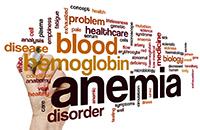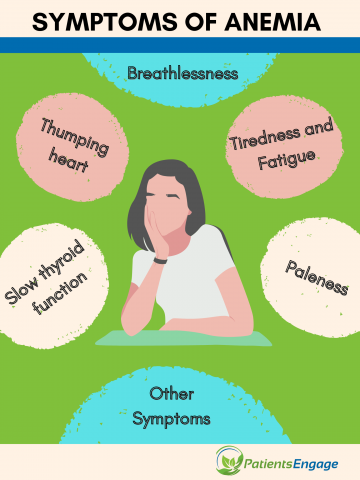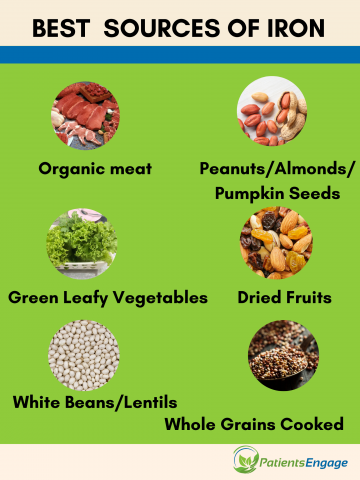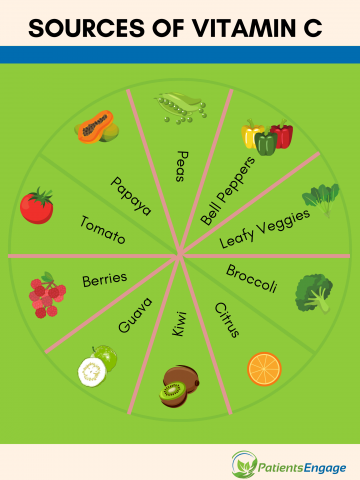
6 signs that you may be iron-deficient – exhaustion, thumping heart… and what to do about it. Nutritionist Kohila Govindaraju tells you what to eat to manage iron-deficiency anaemia.
According to a World Health Organisation study, 40% of non-pregnant women in South-East Asia and and 50% in India suffer from anaemia.
What is anaemia
Anaemia is a condition in which the body lacks enough healthy red blood cells or haemoglobin. Iron is a vital mineral used to produce haemoglobin, a protein part of your red blood cells that carries oxygen all through the body. The body tissues and muscles require a continuous supply of oxygen to function effectively. So when you are anaemic, your body does not get sufficient oxygen.
Anaemia is diagnosed when the haemoglobin value checked in the laboratory is less than:
- 17 gm/dl in newborns,
- 11 gm/dl in children and adolescents,
- 14 gm/dl in adult males,
- 12 gms/dl in women.
How does anaemia impact the body?
- Tiredness and fatigue
- Thumping heart (palpitations) as the heart tries to pump more blood to up the level of oxygen
- Breathlessness
- Paleness
- Slow thyroid function due to iron deficiency may cause weight gain and lower body temperature
- Other symptoms may develop depending on the reason for your anaemia

It is important to understand what is causing your anaemia. Iron deficiency is the most common cause of anaemia in women, due to blood loss during menstruation. But do speak to your doctor to check for other, possible underlying causes.
Managing anaemia through diet
Iron deficiency anaemia can be prevented by consuming a diet high in iron-rich foods and Vitamin C
Foods rich in iron:
- Organ meat (chicken-heart/liver, lamb-liver/heart 30g) or red meat (90g) or chicken (90g) or 1egg (50g)
- Green leafy vegetables or Swiss chards or spinach or turnip greens (cooked,100g, twice a day)
- An ounce of pumpkin seeds or peanuts or almonds (28g/day)
- White beans and lentils (cooked 120g / twice a day)
- Wholegrains cooked– quinoa or brown rice or oats (cooked ½ cup / 90g)
- Dried fruits – raisins (pkt /14g) or figs(5 dried)

Organ meats are good sources of iron. But need to watch out, for they are high in cholesterol too. It is advised to limit the organ meats consumption to an ounce.
Vitamin C rich fruits consumed along with iron rich eggs and vegetarian foods will help in better absorption of the iron in the body.
Related Reading: Helpful Healthy recipes for Anemia
Vitamin C rich foods:
100g of the following vegetables (cooked)
- Broccoli
- Bell peppers
- Dark green leafy vegetables
- Green peas
130g of the following fruits
- Berries
- Guava
- Kiwi
- Tomato
- Papaya
- Citrus fruits
Adult women need 18mg of iron per day and if you are pregnant you may need 27mg of iron per day.

You can beat anaemia by consuming iron rich foods along with vitamin C fruits & vegetables!
References:






